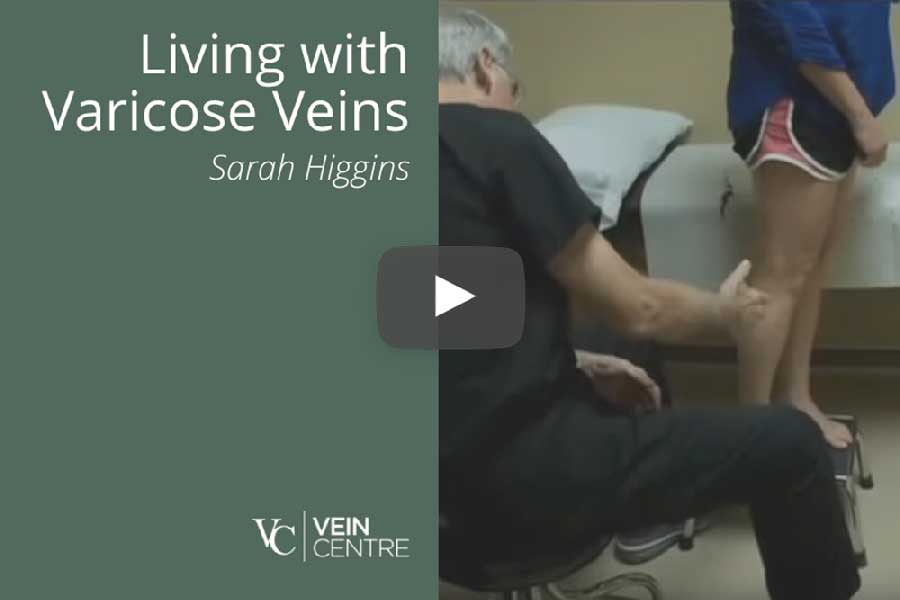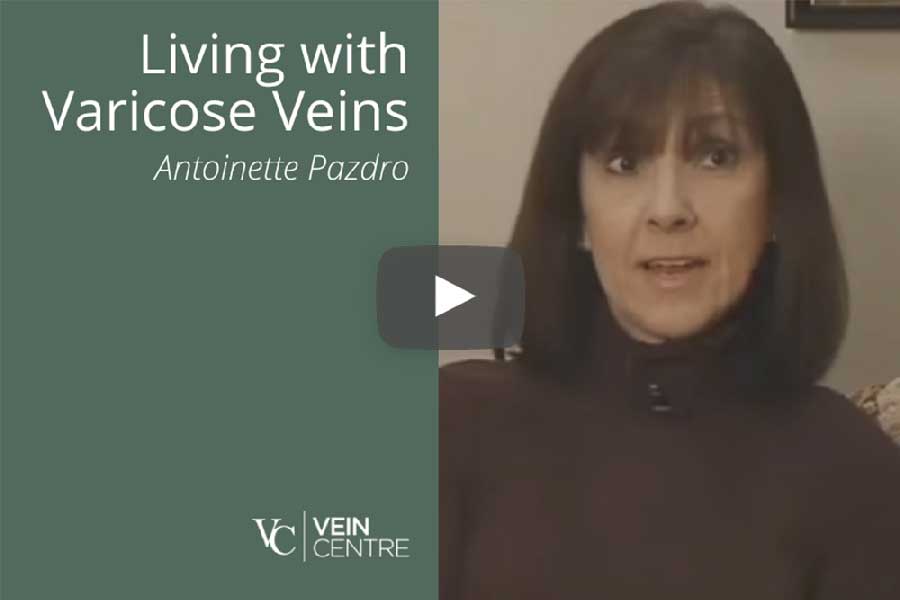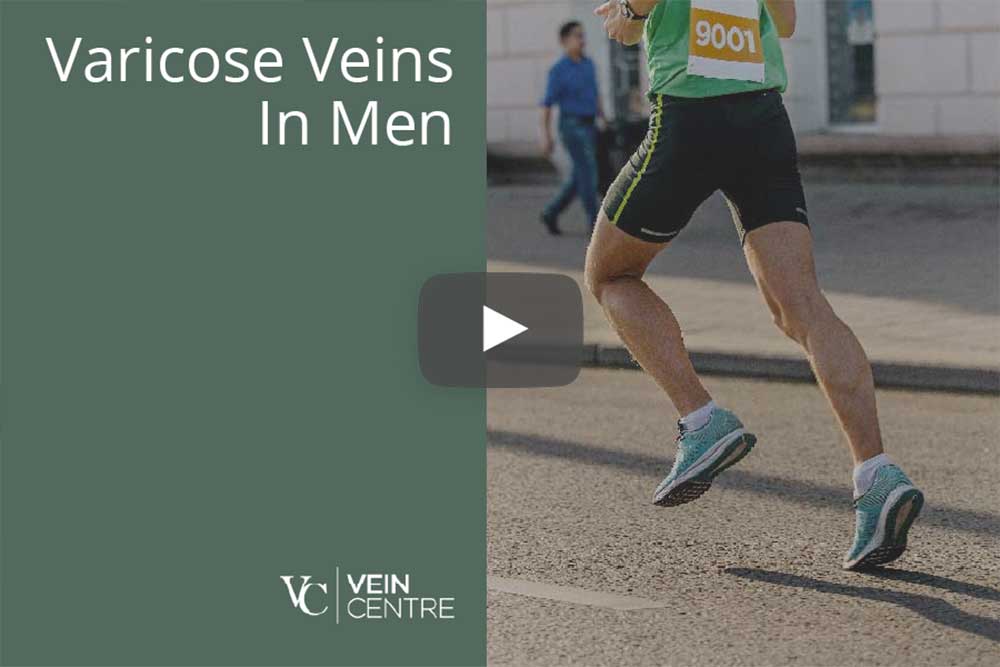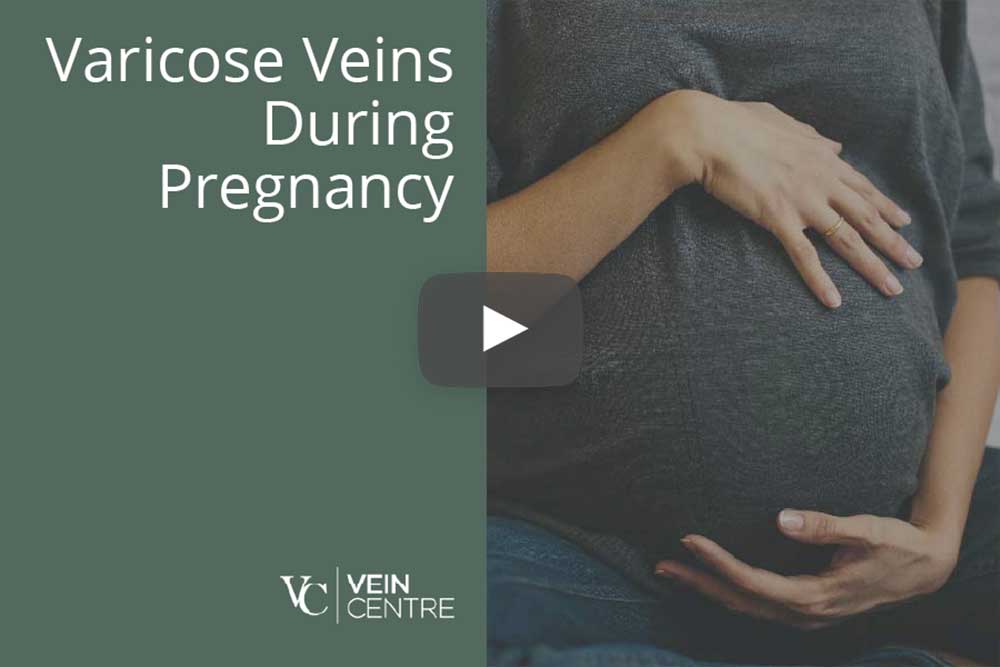Our priority, first and foremost, is the patient. As local vein surgeons, we believe availability is vital to the overall patient experience, as well as a thorough understanding of their diagnosis. We want your vein treatment and therapy to be a stress-free experience, and we warmly welcome you to our vein clinic with every visit.
PERSONALIZED CARE
Each patient is unique. We believe in an individualized approach to vein treatment is the most effective way to help a patient with the elimination of varicose veins, as well as sclerotherapy and spider vein treatment. You can expect a thorough consultation with your visit to our vein clinic, where we will work with you to identify any issues and walk you through each vein treatment option.
EXPERIENCE MATTERS
Our surgeons, Drs. Roger Bonau, Billy Kim, and Allen Lee, have over 70 years of combined vein expertise, including diagnosing and treating DVT, spider veins, varicose veins, and more. You can trust the experts at The Vein Centre, Middle Tennessee’s distinguished leader of outpatient vein therapy and vein treatment.
see what our patients say
PATIENT TESTIMONIALS
FAQ
What are varicose veins?
Varicose veins are the prominent, bluish bulges frequently seen in the legs. It is estimated that 20 to 25 million Americans have varicose veins. These unsightly veins are non-functional and are no longer contributing to the circulation of the leg. Varicose veins are usually caused by a problem in an underlying deeper vein. Not only are varicose veins a major cosmetic concern, but as they enlarge, they can produce symptoms such as pain, itching, heaviness, bleeding, skin ulceration, and swelling. Early diagnosis can prevent all of this.
What causes varicose veins?
The most common cause of varicose veins is an inherited weakness of the vein wall. This is called Venous Insufficiency. Leg veins contain one-way valves that facilitate the flow of blood back to the heart from the legs against the force of gravity. These valves frequently become weak under so much pressure, and blood pools in the legs, causing swelling and eventually varicose veins. Varicose veins are visible on the skin, but the underlying cause is a vein below the skin. Risk factors include obesity, pregnancy, increasing age, and prolonged standing (a universal problem). Early diagnosis is key to prevent permanent skin damage.
Are varicose veins a dangerous health problem?
Varicose veins are associated with a variety of symptoms including pain, swelling, restlessness, heaviness, cramping, skin discoloration, rashes and skin ulceration. The symptoms are due to venous congestion (pooling of blood) within the legs. This can lead to inflamed veins (red, tender, knotty veins), hyperpigmentation (dark staining of the skin), and even bleeding. The symptoms of varicose veins are progressive with time. The risk of a life-threatening blood clot is very low.
What will happen if I don’t treat my varicose veins?
Varicose veins tend to become gradually worse. As the varicose veins become larger, the risk of associated complications increases. The speed of progression of the disease will be determined by many factors including genetics, occupation, body weight, and use of compression hose. Compression hose does help with the symptoms of venous disease and tends to slow the progression of the disease, but do nothing for the underlying cause of the varicose veins.
Does compression hose help varicose veins?
Compression stockings are obviously a non-invasive option to help relieve some of the swelling and discomfort associated with varicose vein disorders. Compression may slow the progression of the disease, however, the veins often gradually become worse. Symptoms from abnormal veins (aching, heaviness, restlessness, burning, itching, and swelling) will typically improve while compression hose are on. This will not correct the underlying malfunction of the veins, but is an option for the patient who does not want procedures.
Why a Venous (Vascular) Ultrasound?
A venous ultrasound is a painless, non-invasive method to thoroughly assess the venous circulation of the legs. The study does more than simply rule out a “blood clot”. It will reveal the source of your varicose veins. The ultrasound shows abnormal veins and reversed flow (reflux), which are the cause of your varicose veins. This information is essential to formulating a tailored treatment plan. The accuracy of the ultrasound is dependent on the quality of the equipment and the expertise of the technologist. An ultrasound should be done by a Registered Vascular Technologist (RVT) at a credentialed facility certified to do venous studies by the ICAVL (Intersocietal Commission for the Accreditation of Vascular Laboratories). It’s important to ask if the facility has an ICAVL Certified Vascular Lab.
Are varicose veins life-threatening?
Varicose veins are not a life or limb-threatening problem; therefore, treatment is not “absolutely” required if the patient can tolerate the symptoms and the appearance. Varicose veins will eventually cause symptoms such as discomfort, itching, rashes, discoloration, swelling, skin sores, and bleeding. If a patient elects not to have a procedure, we advise that they diligently wear compression hose and call us if they develop one of the above-mentioned complications. Most patients eventually decide to proceed with treatment as their discomfort and skin discoloration worsens. We do recommend patients with varicose veins at least come in for an evaluation to see what their treatment options are.






